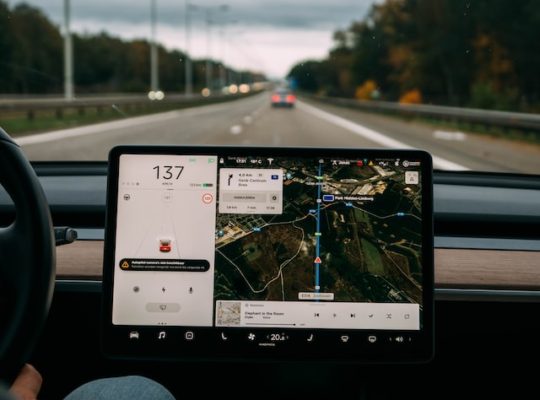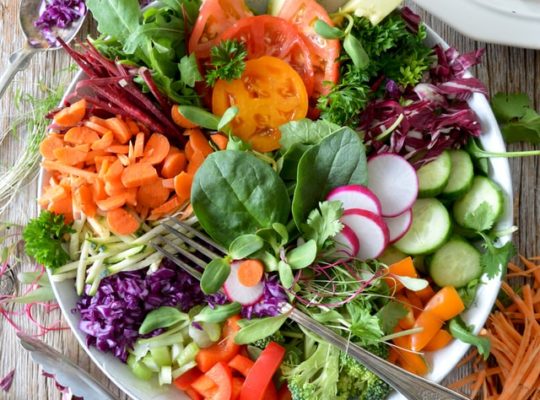Over the last 8 days I have laid down the groundwork needed to lose weight and manage your mind around food in a way that strengthens the relationship you have with yourself and takes care of the complete you: your past, present, and future self.
I also had you start putting these tools into practice by deciding each day what you will be eating that entire day twenty-four hours prior and only eating what you wrote down.
I asked you to start thinking about and creating a protocol – what, how much, and when you will be eating each day to create some guidelines for yourself around food which will make your decisions more simple and streamlined.
Everything I asked you to do so far is very simple to do, but as soon as tomorrow comes and it’s time to eat what YOU already decided (remember, you are the only one making your own plan), that’s when all the chaos will begin.
When you are in the moment having to make a decision, many factors will be at play all at once working against you to get you to overeat.
The thing to recognize here is that overeating comes from overdesire.
You are overweight because you overeat.
The reason you overeat is because you desire food too much and it’s NOT your fault.
There are several factors at play including cultural, psychological and biological factors that create overdesire for food.
If you solve overdesire, you solve overeating.
The symptom is overeating. The cause is overdesire.
So what causes overdesire?
For one, the food and health industry over the last thirty plus years have contributed to overdesire and overhunger. We have been given lots of false information about what is and isn’t healthy for us, including the low-fat craze and warnings against cholesterol. As a result, there was a significant increase if flour and sugar consumption as well as an increase in packaged, low fat, high sugar and high flour foods and a decrease in fat consumption.
Ancel Keys is the scientist whose theories about dietary cholesterol and heart disease first warned Americans to avoid meat and eggs. However, his later research with his colleagues became central to the modern recognition, definition, and promotion of the eating pattern they found in Italy and Greece in the 1950s and ‘60s, now popularly called “The Mediterranean Diet.” They showed that dietary patterns in the Mediterranean and in Japan in the 1960s were associated with low rates of coronary heart disease and all-cause mortality. The Mediterranean diet emphasizes healthy fats, whole grains, fruits, vegetables, beans, nuts and seeds.
Furthermore, we were never taught how to manage our emotions. We never learned how to cope or how to allow urges or process negative feelings. Our brains are wired to avoid pain and discomfort and to want the most pleasure with the least amount of effort. All the food marketing in the US takes advantage of this wiring.
We have also become conditioned to believe that it’s totally normal to overeat. Large amounts of food are ever present at most entertainment venues and events we attend. We have learned to use food itself for entertainment rather than for fuel and food has become a socially acceptable buffer to avoid pain.
Finally, the neurotransmitter and hormone dopamine is part of our brain’s reward system and involved in helping us feel pleasure. All the cues around food can trigger dopamine release which sends signals to our brain that this is pleasurable and causes us to seek more of the same.
When food is concentrated and refined, that response in the brain is also concentrated. Our brains believe that the concentrated food is much more important and pleasurable than it really is. We release more dopamine and develop more desire for that food as a result.
These reward pathways in our brain can be changed. We can reprogram or “reboot” our brain by replacing these old learned pathways with new ones. We can change our action by choosing foods that are less concentrated and refined and deny our brain its dopamine reward which will make these foods less desirable to us.
If you have any questions about specific foods or food groups you can or can’t eat, you will need to consult your own physician. I am a physician, but I am not your physician. My coaching in this area of weight loss is focused mainly on mindset and tools to help you keep the plan you already made for yourself based on your knowledge of your personal health needs. If you want individual help with these tools as they apply to weight loss or other areas of your life that you want to work on, please reach out by emailing me at mindfuldocmom@gmail.com or by scheduling a free 30 minute call at the link below.





